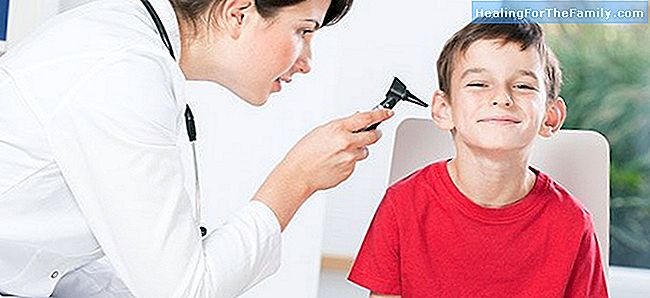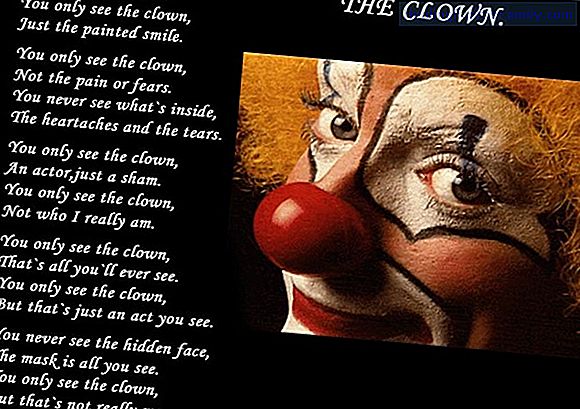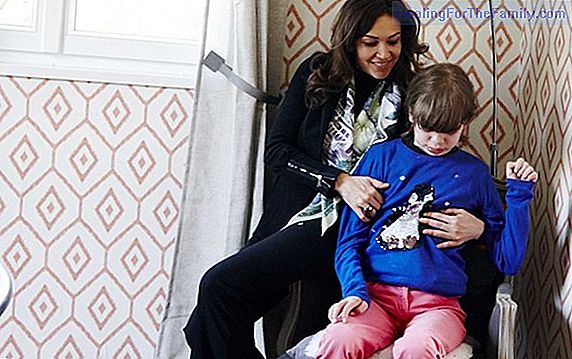Deafness in babies and children. How to detect childhood hearing loss
The ear begins to develop in the mother's womb and the entire auditory apparatus ends after the third month of pregnancy. From that moment, it can be said that the baby can hear, although the sounds that come from outside are cushioned by the amniotic fluid and tissues of the mother. One of the firs
The ear begins to develop in the mother's womb and the entire auditory apparatus ends after the third month of pregnancy. From that moment, it can be said that the baby can hear, although the sounds that come from outside are cushioned by the amniotic fluid and tissues of the mother. One of the first tests that children do at birth is hearing, to detect any problem.
The Doctor Gracia Aránguez, D.R.L. member of the Expert Committee of the Early Detection of Hearing Loss in newborns of the Community of Madrid. Coordinator of this program and the cochlear implant program of the General University Hospital Gregorio Marañón, talks about deafness in babies and children.
Hearing loss in childhood

1. What are the causes of childhood deafness?
There are different factors that can give a hearing loss in children. 80% of childhood hearing loss occurs at birth or in the neo natal stage, so it is very important to always analyze all risk factors that a child can have before birth. Auditory risk factors are infections of the mother during pregnancy, problems during childbirth, family injuries that are inherited in successive generations, can be infections at the time of delivery and pathology that can be concomitant with hearing loss.
2. What can cause hearing loss in children?
The loss of hearing is very important because it entails the loss of language and speech and therefore a delay in learning and behavior and social skills that children have, we must take into account that all knowledge that is not intuitive comes with hearing, then the repercussion is very serious and very important in those levels.
3. What are the most common hearing problems in early childhood?
In early childhood the most common hearing problems are secondary to the recurrent otitis that children have. It is necessary to distinguish between external summer otitis that does not cause a great hearing loss and the average-acute otitis of the winter that causes a loss of hearing. And then there is a form that is serous otitis, the mucus inside the child's ear, that causes that loss of hearing.
4. How can we suspect that a child suffers from deafness?
As parents we can see if our child is developing well when a child is born since birth and in the first 3 months of life he is surprised by noise and the child has what we call cochlear reflexes. It is capable of a noise of surprise to wake up and that makes us denote that the child does not have a hearing problem.
When the child is already 3 to 6 months old, he likes to play with things that are going sounding, trying to stop in the game trying to find the sound source. After 8 months the child likes to play with sound more and more. From there, in the year, the child begins to recognize his body scheme, knows two or three words says; Papa, mama, you reference it well, you know who has to call everything.
After a year and a half, two years each time you will have a richer vocabulary, you can make sentences of up to two words and from the third year that is when we have integrated the language, the child is able to have a vocabulary of 500 words and make sentences of 4 or 5.
5. What to do when we suspect a hearing problem in our child?
What you have to do is send us to our pediatrician or our otorrino to confirm it. Even so we have to keep in mind that in the course of development the children may have hearing loss in time fluctuating due to otitis, for other problems, and at this time we will have to be careful that they understand us well, the first year is the gesture, always in front of us, always talking to him. If we still suspect, we must confirm that you have a hearing problem so that we can treat it.
6. What signals can indicate to teachers that children suffer from hearing loss?
When a teacher at a school finds a child who does not pay attention, it is a child who waits for others to do an activity and then do it, that is, there is something that really seems to be not understood is when they should put in warning parents to take them to the pediatrician and treat them. That is to say at school children if they are not well motivated, if they are not hearing well, they are not participating, a child who does not participate or who is excessively restless may have an auditory deficit.












